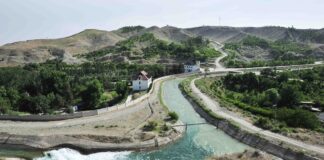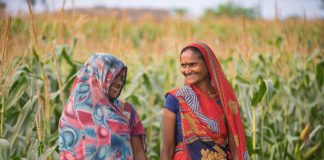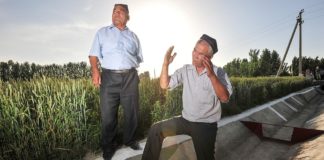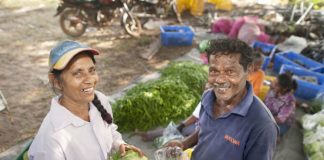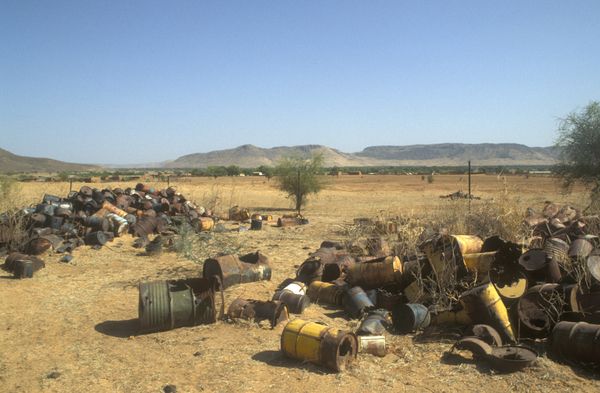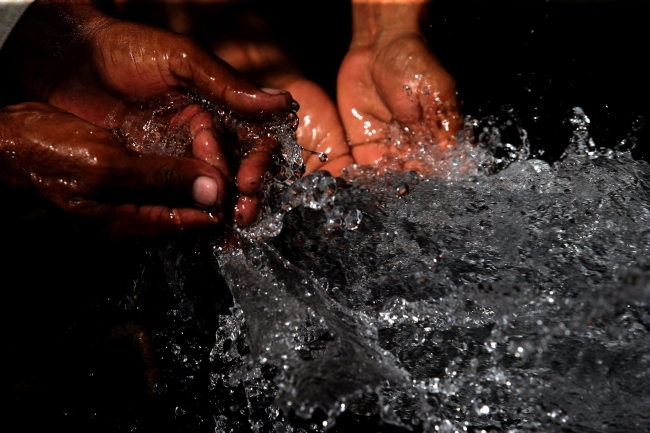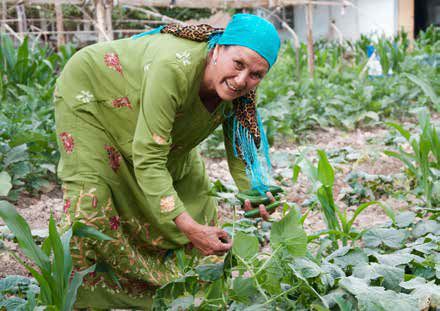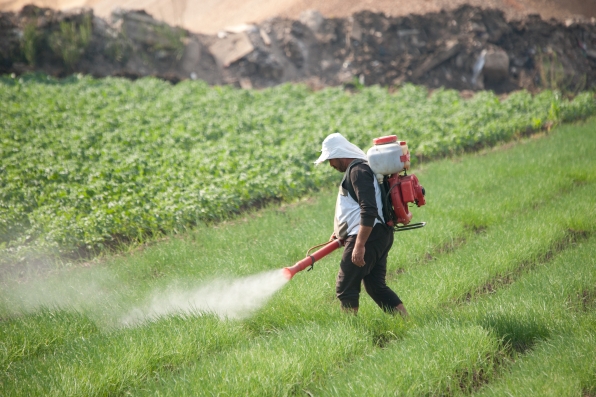Home 2024
Archives
Between interest and influence
The WE-ACT project is fostering effective transboundary water collaboration and streamlined decision-making.
Climate, water, and poverty reduction – exploring the critical links
We have arrived at a crucial moment that calls upon us to incorporate smarter water management strategies into our longer-term planning.
Thinking Hydrologically
Water is running out in Central Asia. New approaches to water regulation, energy production, and agricultural education are necessary to be able to feed the region.
Water’s role in poverty reduction, livelihoods and jobs
CGIAR’s new ambitions are defined by a set of impact areas, with water – and therefore water systems science – at the heart of each.
AgriLinks.org: Final report on Tajikistan water users association impact evaluation
USAID commissioned the International Water Management Institute (IWMI) to examine the impact of USAID-supported WUAs created on sustained increases in resource productivity, food security and equity in southern Tajikistan.
Women and participatory irrigation in Tajikistan
The 'average' farmer in Tajikistan is female, due to high rates of male migration. IWMI's Soumya Balasubramanya makes the case for taking a comprehensive approach towards irrigation by considering the needs of both farms and homestead plots, in order to secure the production of food.
Rural21.com: Agricultural pollutants – A serious threat to the world’s water
This new report was launched by the UN Food and Agriculture Organization (FAO) and the International Water Management Institute (IWMI) at a conference in Tajikistan in June 2018.
FAO.org: Pollutants from agriculture a serious threat to world’s water
New report paints a worrying picture, provides recommendations on what can be done.
Blogs.WorldBank.org: Secrets to successful irrigation management from Central Asia
About 60 percent of the region’s people are employed by the agricultural sector, which depends almost entirely on irrigation.


